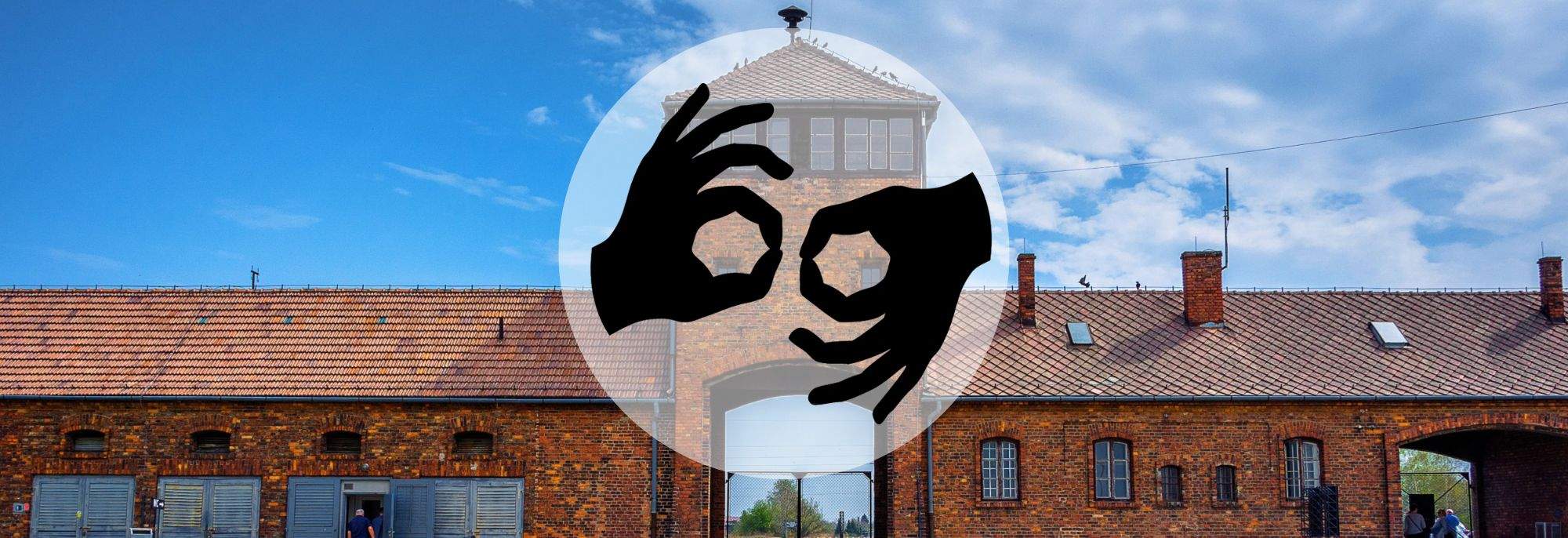Auschwitz Memorial Site increases accessibility for the hearing impaired
A new project titled "Auschwitz - Accessible Memory" aims to adapt the tour of the Auschwitz Memorial Site to the needs of visitors with hearing disabilities and eliminate the barriers accompanying the organization of a visit to the Museum.
One of the key elements of the project is a multimedia guide containing maps marked with a tour route and a historical commentary in Polish Sign Language (PSL), Sign Language System (SLS) and International Sign Language (ISL). This guide will facilitate the touring of both Auschwitz I and Auschwitz II-Birkenau for people with hearing disabilities.
"Individual visitors with hearing impairments will be able to use a tablet free of charge, on which a sign language guide will be available, or receive a QR code that allows it to be downloaded to their own mobile device," said Nataliia Tkachenko from the Educational Projects of the International Center for Education about Auschwitz and the Holocaust (ICEAH).
Information packages are also available, providing detailed information about museum opening hours, rules for staying in the Memorial Site, and the possibility of using educational offers for the hard of hearing and deaf.
Alicja Wójcik from the Educational Projects at ICEAH added that it is important for them to eliminate barriers for people with hearing disabilities and enable them to tour on an equal footing with hearing individuals. As part of the project, educational materials available online, including a multibook summarizing the visit and 27 episodes of the podcast "About Auschwitz" translated into PSL and SLS, were also developed.
Museum employees also participated in training courses on digital accessibility of the Museum, accessibility of educational activities considering special educational needs, as well as appropriate behavior towards people with various disabilities.
The "Auschwitz - Accessible Memory" project is funded by the "Culture Without Barriers" project implemented by the State Fund for Rehabilitation of Disabled Persons as part of Action 4.3 of the Operational Programme Knowledge Education Development 2014-2020.
Back 
